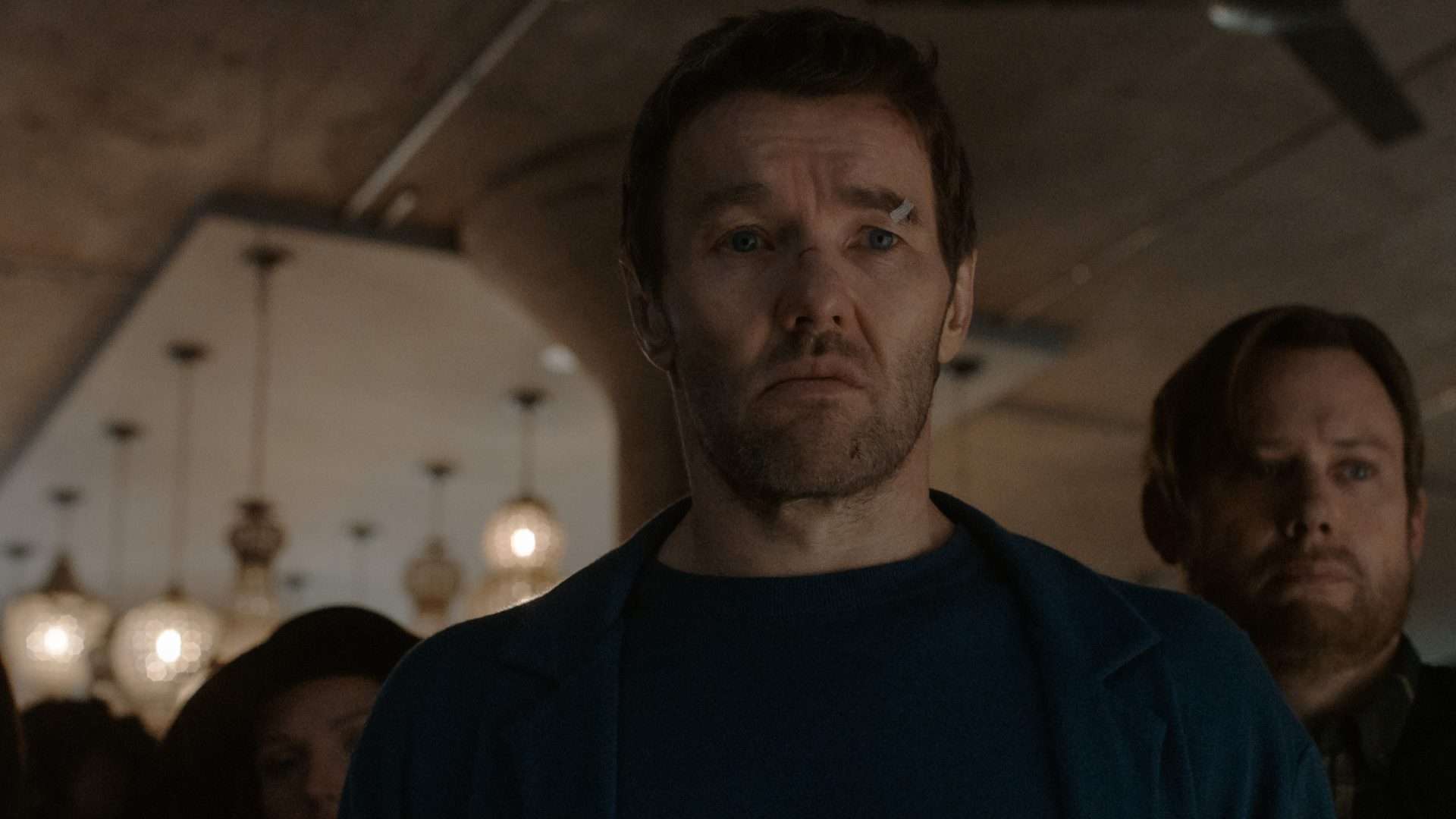Apple TV+ recently concluded the nine-episode first season of Dark Matter, a mind-bending science fiction series adapted from Blake Crouch’s novel of the same name. The show stars Joel Edgerton, Jennifer Connelly, Oakes Fegley, Alice Braga, and Jimmi Simpson, and is directed by Jakob Verbruggen. The story centers on a man trapped in a mysterious black box that opens portals to infinite alternate realities and parallel universes.
Crouch himself adapted the novel for television, ensuring the series stays faithful to the source material while examining complex themes of identity, consequence, and human desire. The finale, packed with twists, successfully concludes the season’s narrative while leaving possibilities open for the future.
The series follows Chicago physics professor Jason Dessen (Joel Edgerton), a happily married man with a wife, Daniela (Jennifer Connelly), and a teenage son, Charlie (Oakes Fegley). Jason’s ordinary life is abruptly upended when he is abducted by a masked man and taken to a warehouse containing a black box capable of transporting him to countless alternate realities.
Forced to inject himself with a mysterious compound, Jason is thrust into these distorted versions of his city, each presenting new dangers and challenges. His main goal becomes returning to his family while uncovering the truth about the other version of himself who orchestrated his kidnapping.
Multiple Jasons Create Moral Conflicts, Forcing Questions About Identity and Human Choices
The series examines the moral and existential dilemmas of multiple versions of the same individual. As Jason struggles to survive, he forms an alliance with psychologist Amanda Lucas (Alice Braga), who assists him in confronting the hostile realities he faces. Meanwhile, the “bad” Jason takes over the original Jason’s life, causing unexpected consequences across multiple worlds.
The story highlights the human tendency to wish for a better life, showing the unpredictable results of trying to take shortcuts. Jason comes to understand the value of his original life and the importance of appreciating what he previously had.

The arrival of numerous alternate Jasons in Chicago intensifies the conflict. Each believes it has the right to claim Jason’s family, creating confusion about identity and morality.
When several Jasons gather at a country home outside the city, tension escalates. In a twist, the “bad” Jason intervenes to protect the Dessen family, demonstrating a shift in character and the potential for redemption. This multiplicity challenges both the characters and the audience to consider what makes a person “real” and whether identity is defined by choices or circumstances.
Jason and Family Must Return to the Box to Begin a New Life
Jason, Daniela, and Charlie realize their only chance at a normal life is to return to the black box and start fresh in another reality. In the finale, they pass dozens of alternate Jasons who surprisingly allow them safe passage and step into a new world full of promise.
The ending also suggests that other characters, like Blair and Amanda, may attempt to create new lives in different realities. The season emphasizes themes of family, hope, and the consequences of one’s decisions, leaving viewers with a sense of infinite possibilities without providing all the answers.
Although Blake Crouch’s novel does not hint at a second season, the television adaptation leaves the story open-ended. In interviews, Crouch and co-showrunner Matt Tolmach expressed interest in further developing the characters if Apple TV+ continues the series.
Both Crouch and Jennifer Connelly confirmed that the Jason who reunites with his family is the original iteration, preserving the emotional core of the story. With strong performances, precise direction, and a thought-provoking plot, Dark Matter has become a compelling addition to the sci-fi genre, delivering both a satisfying conclusion and a foundation for potential future stories.



